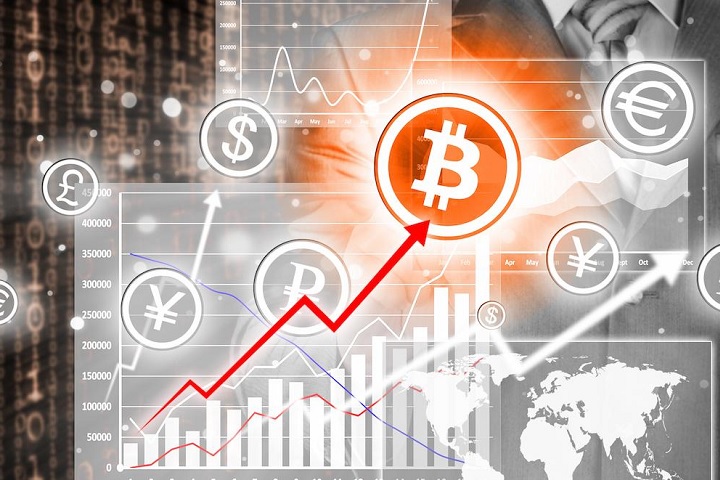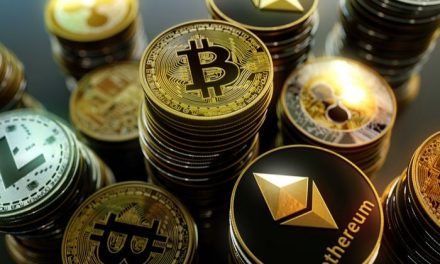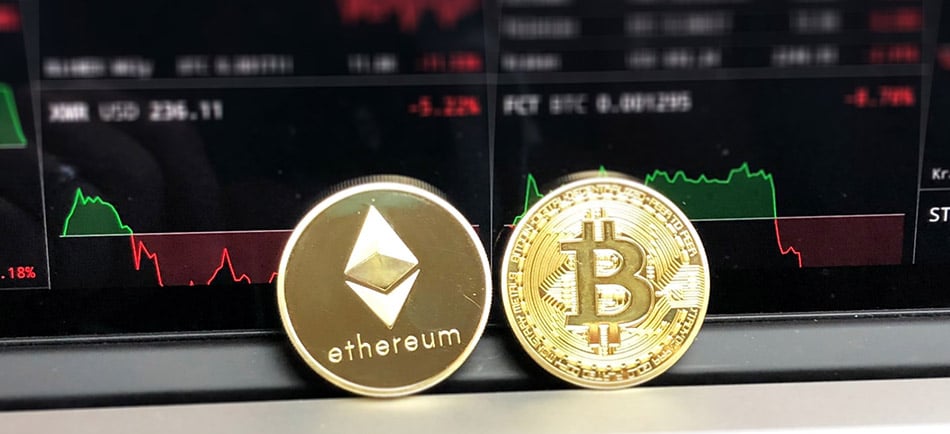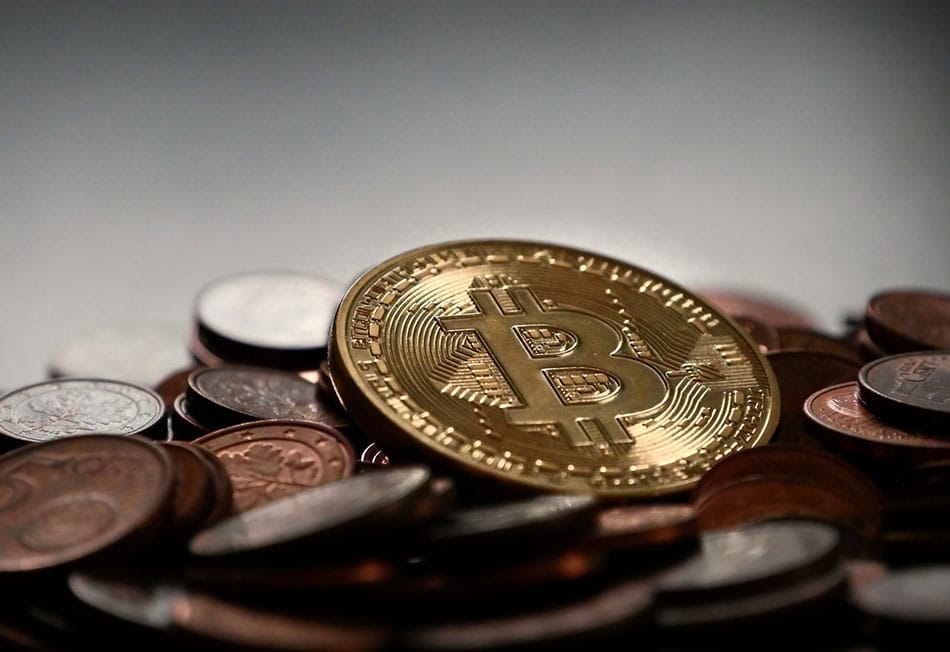Venezuela is officially going to walk the crypto route with the country’s making a historic announcement that “from November the 5th, the Petro will go on sale to the Venezuelan public in sovereign bolivars.”
Petro has thus become with first state backed crypto and the whole thing has become a grand experiment that is being seen as a massive step towards transformation of Venezuela’s monetary system over the next decade.
A new whitepaper has been launched for it which currently is only available in their native language. Some suggest that whitepaper shows the national blockchain is a copy-clone of Dash, yet what little sense we can make of Spanish, it may be the Dash part is shown as just an example of a blockchain.
One important thing to note here is that the national blockchain is a private blockchain with validators/administrators limited to the government itself. This effectively means that the government will be in complete control of supply of Petro.
What Venezuela needs most in money matters therefore, trust, may not easily be found if this is a permissioned private blockchain which they can easily control just as a database.
The other component of that trust is the backing of the token with commodities: 50% of the petro’s price will hinge on oil, 20% on gold, 20% on iron, and 10% on the price of diamonds.
Making it a nice basket, in theory. Managing this peg in practice may however be a different matter especially considering petro’s fixed supply.
Fixed stated supply. Whether it is actually so we probably wouldn’t factually know if they are locking up the blockchain part behind government doors.
That may be a temporary decision however until ethereum is able to handle such demand potentially now in 2019-20 when they can transport the state backed currency onto ethereum’s public blockchain. Something which would give the market complete confidence of no foul play.
As it stands, much is hazy. In its foundations, it is probably like any other crypto as far as end-user interfaces. That being a light/spv non-validating wallet probably connects to the government run admin node with the token then presumably transferable through the internet.












